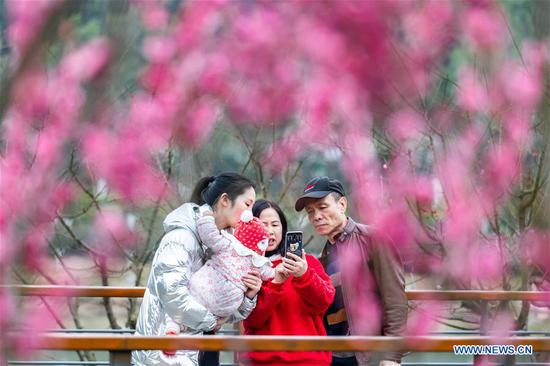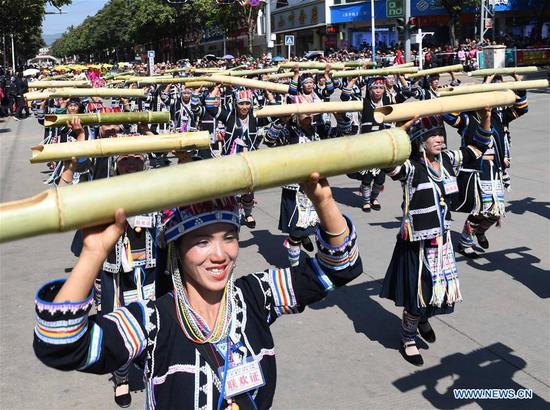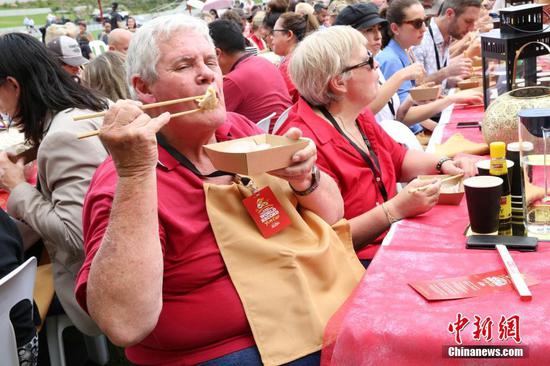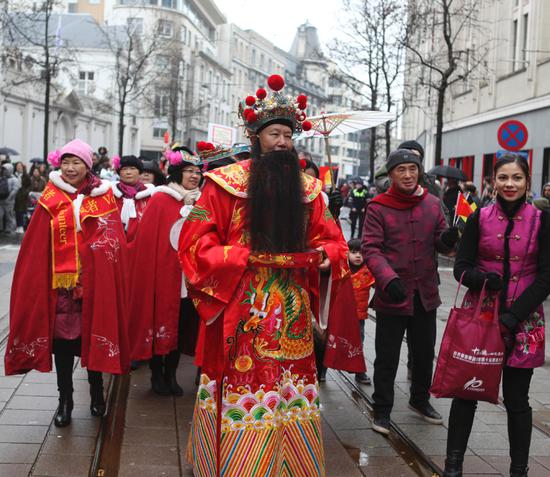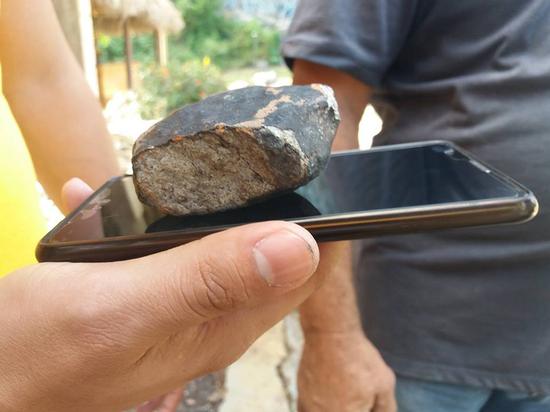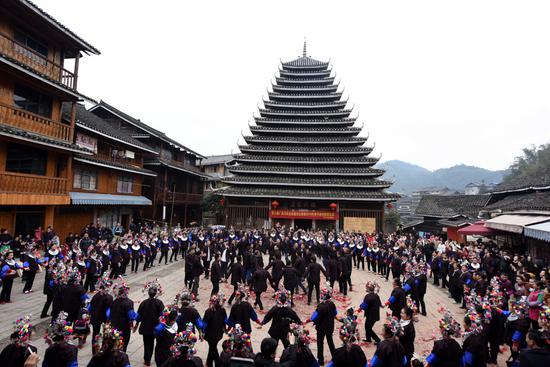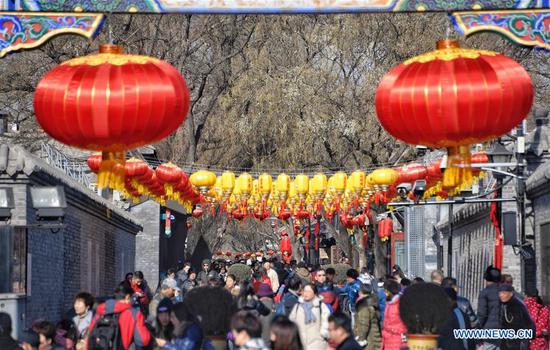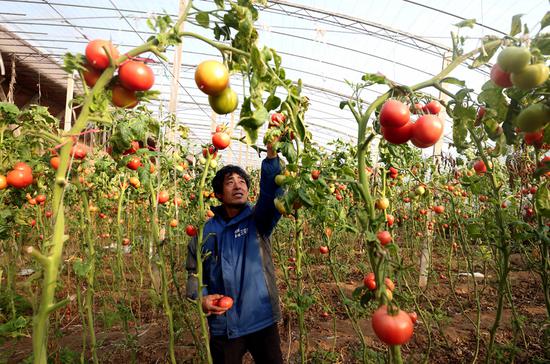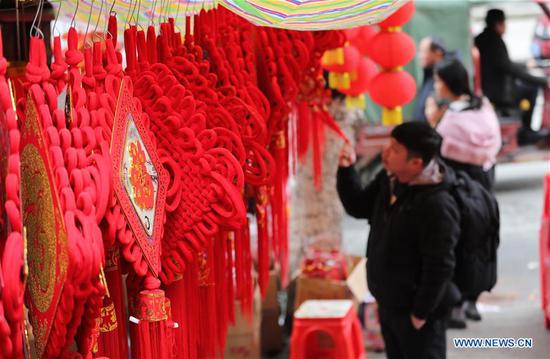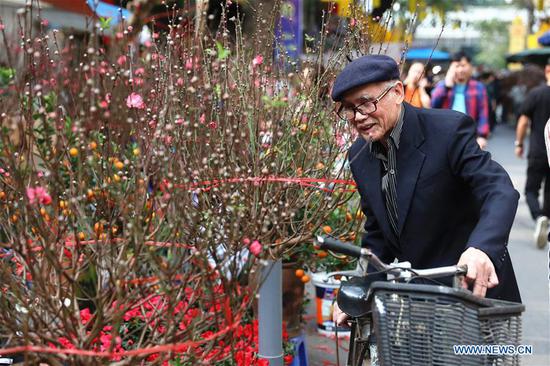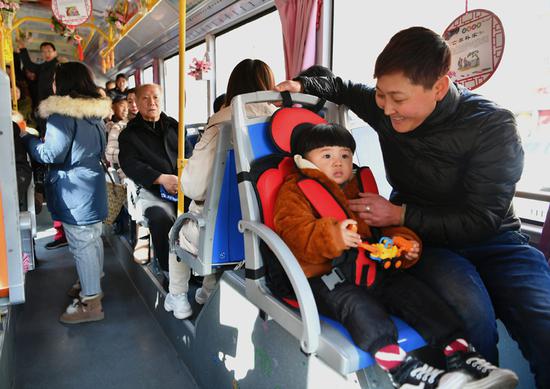New meaning
The "reverse Spring Festival travel" trend has attracted the attention of many media outlets in China.
"It shows that a lot of migrant workers now have stable housing in big cities, which makes them feel at home… This can also relieve the transportation pressure during the Spring Festival and boost the tourism market," according to a commentary on CCTV.com.
Another commentary on eastday.com said this is a wise change to the traditional travel rush. "Home can be anywhere as long as a family gets together. Reverse Spring Festival travel is a smart way for people working in the cities to reunite with their families," it reads.
Besides asking parents to visit the city they work in, more and more people choose to travel together with their family during the Spring Festival rather than staying at home. According to statistics from several online travel agencies, Chinese people are expected to make 400 million trips for sightseeing during the holiday, including 7 million trips abroad covering 900 destinations in 96 countries and regions, people.com.cn reported.
Cities in southern China such as Sanya, Xiamen, Kunming and Lijiang, and northern Chinese cities such as Harbin are among the popular domestic tourist destinations during the Chinese New Year.
Thorny issue
Despite these changes, some issues will continue to challenge the Chinese people during the Spring Festival.
For married couples, the question of which hometown to visit during the holidays can be a thorny one.
According to a survey by China Youth Daily and wenjuan.com of 2,001 married people under the age of 35, 70 percent of respondents were troubled by this question. Among all the respondents, 70.9 percent believe dealing with the issue smartly would help improve family relations, while 61.1 percent of respondents thought the couple should visit both sides' families on a rotating basis.
According to the survey, 33.8 percent will visit both parents' families this year; 27.7 percent are planning to visit the husband's parents; and 20.6 percent will visit the wife's family.
Wu Jiang (pseudonym) from Nanchang, Jiangxi Province, plans to visit his wife's parents this year. "Last year we went to my hometown. My parents' hometown is far away from her parents', and we have very different customs during the Chinese New Year. Each year, choosing which side to visit will sometimes lead to arguments," he told China Youth Daily.
Yu Qin (pseudonym), an employee at a Beijing IT company, plans to visit her parents' home in Tianjin in North China and then visit her husband's parents in Chongqing in Southwest China. Yu said while her mother-in-law is nice to her, "I miss the dumplings and heaters in Tianjin," she said.










